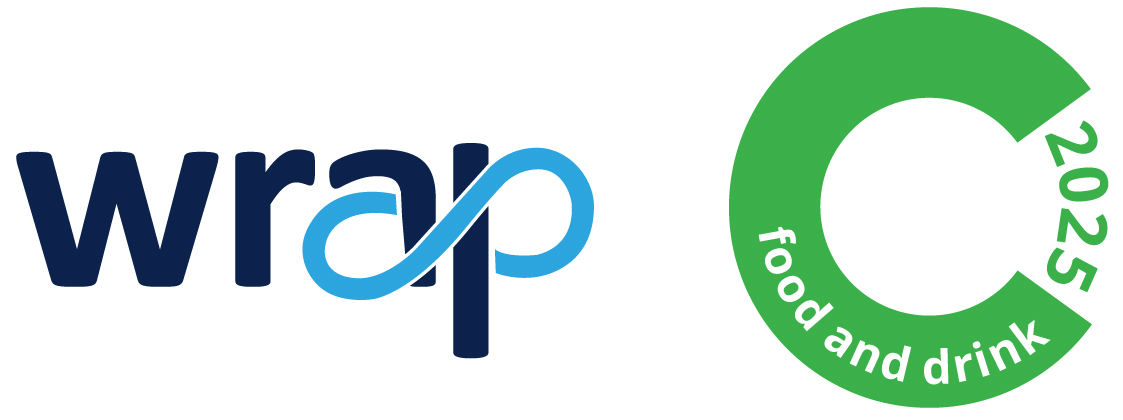“The WRAP tool captured our imagination because we were looking for something which would help us cut through the vast amounts of complexity around raw materials sourcing. We were looking to get smarter about what the risks are and find a way of simply and clearly visualising these risks. Our stakeholders have a good understanding of risk matrices, so the tool has been helpful for discussions around risk and identifying where to take action. We also plan to share our findings with suppliers and they can also access the tool as Courtauld signatories, which is great for consistency.” Sarah Wakefield, Sustainability Manager, Co-op
Climate change, population growth and global demand are increasing pressure on the critical resources needed to produce our food and drink – land, soil, water and energy. Businesses are facing risks to security of supply and brand value. Understanding where and how to act is often the first step to reducing the resource pressures and social costs of our food and drink.
Helping business identify risks
In discussions with WRAP, businesses have repeatedly raised a number of key challenges, including:
- making the business case internally for more action on sustainable sourcing is difficult;
- the numerous sustainability issues that a business must deal with make it hard to cut through to the right information needed to inform decision-making; and
- having identified sustainability issues, it’s hard to know how to best tackle them.
A number of leading Courtauld 2025 signatories and risk experts have collaborated to shape the Raw Materials Risks and Opportunities Screening Tool to address these problems, and provide the help required.
Built with business needs in mind
The new tool is simple and user-friendly and helps access risk data, and find advice on how to mitigate against these risks. To ensure the tool is practical and provides the best advice, we have drawn on a wide range of technical and NGO sources. Now businesses have a tool that will help:
- screen for potential supply chain exposure to issues such as water scarcity, floods/droughts, temperature change, land use/degradation, food waste and greenhouse gas emissions;
- enable users to select a raw material & source location, and display a Red-Amber-Green dashboard covering 15 physical, environmental and social risks, all in one place;
- provide advice on mitigating risks, and links to further information; which
- cover a wide range of raw materials and production locations – including fruits, vegetables, grains, livestock products and feedstuffs.
The tool is helping businesses by informing sustainable sourcing strategies, identifying the most important issues to raise with suppliers, helping to meet ISO14001 requirements, and improving internal awareness of sustainability issues.
“The tool contains a great deal of technical information that would otherwise place an unrealistic time demand on Kingsland. Currently we are using the tool to develop geographically targeted audit templates. Our wine buyers are the people who have most direct contact with wineries, and when they are ‘in country’ the tool gives them a good feel for regionally challenging issues. The information provided by the tool increases our credibility with operators working in challenging conditions.” Andy Horrocks, Environment Manager, Kingsland Drinks
Continuous improvement
The tool is reviewed annually so that data sources remain up-to-date. In addition, Courtauld 2025 signatory businesses help feed in new information such as new raw materials or countries.
WRAP is developing partnerships with NGOs and networks including the Sustainable Agriculture Initiative (SAI Platform) and Food Network for Ethical Trade (FNET) to help improve our knowledge further. We are also helping businesses to share advice.
